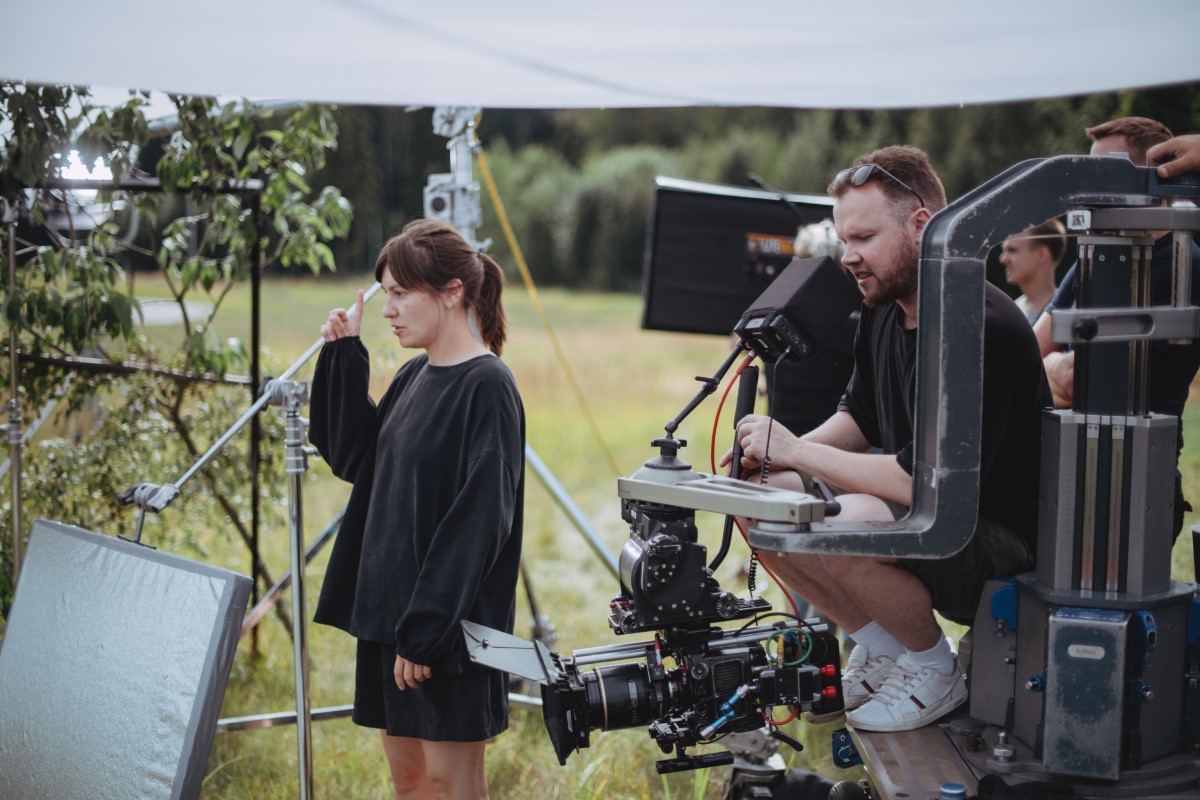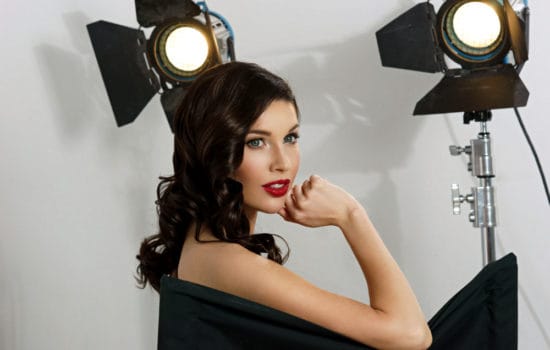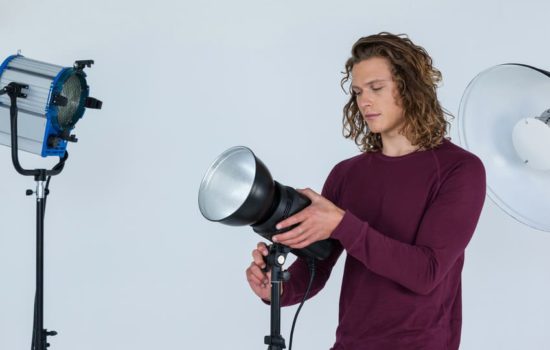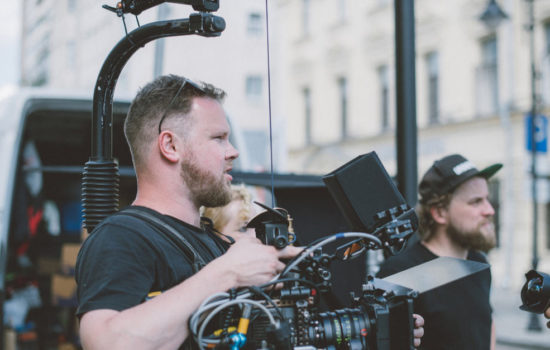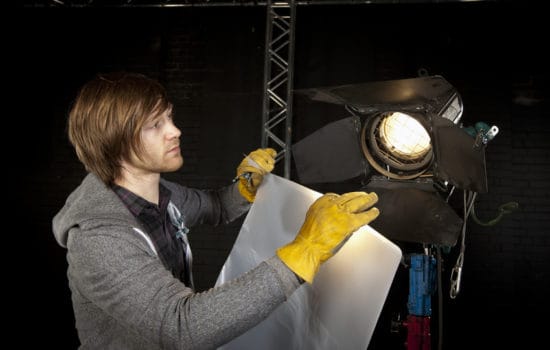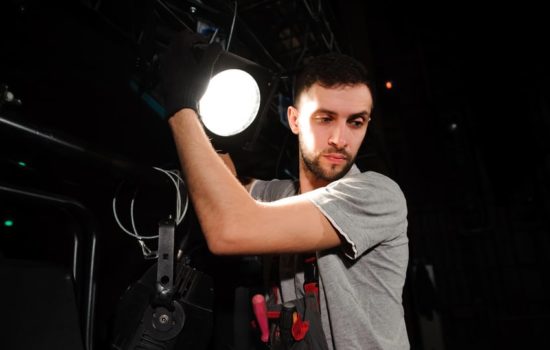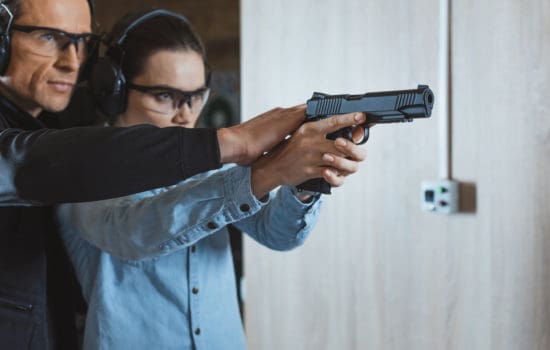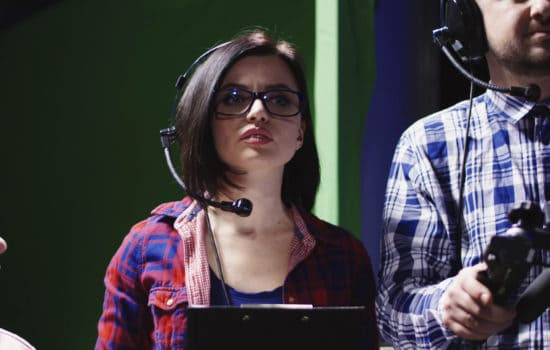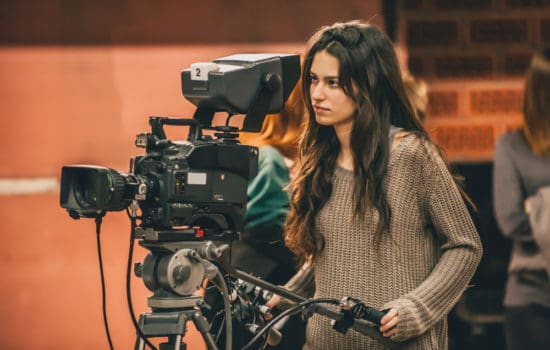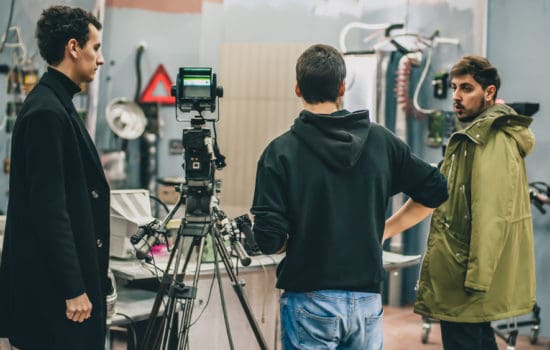How do I get started in the film industry?
The best way to get started in the film industry is to educate yourself on its workings and fundamentals. Once you’ve got a grasp on which area of the film industry you’d like to focus on, you’ll need to start networking.
Networking is a word that gets thrown around in nearly every profession out there, and the rules vary from career to career. With the film industry, networking involves going to as many film-related events as possible and meeting as many film professionals as you can. Scour social media – everything from LinkedIn to film festival websites. In other words, networking in the film industry involves constantly putting yourself out there.
